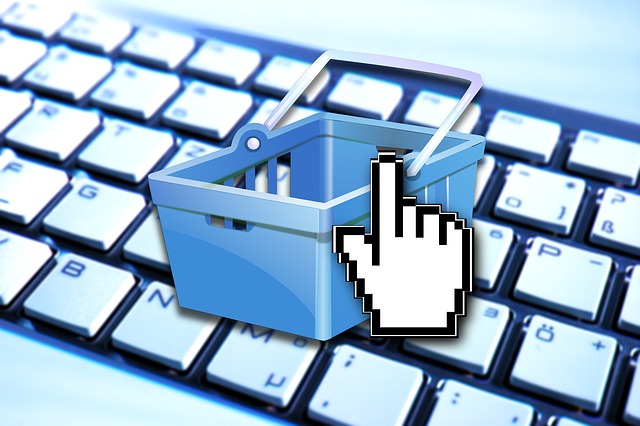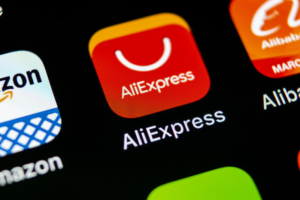E-commerce also known as Electronic Commerce is the activity of buying or selling of products over the Internet. It is based on technologies such as mobile commerce, electronic funds transfer, supply chain management, Internet marketing, online transaction processing, electronic data interchange, inventory management systems, and automated data collection systems.
Electronic commerce is constantly evolving as the number of people with access to the Internet increases. Here, we look at the different trends we expect this year.
Consumers will drive innovation.
The customer market is dynamic and customer demands are not slowing down. We live in a world where consumers are gaining access to more options and feedback is much easier to share with brands, especially via social media.
Brands will greatly consider the customer’s voice regarding different aspects of their business like processes, ideas, services and products, and this will inform their innovative decisions. Innovation provides a competitive age, especially when it’s informed by consumer needs. When you know what your consumers think of you, innovation becomes easier.
Social shopping
Social shopping is a combination of e-commerce with social media networking technologies to augment users’ real-life shopping experiences. Social media sites are also evolving to make it easier to make purchasing decisions without leaving the app. Platforms like Facebook and Instagram provide recommendations, share reviews on services and products to one’s network of friends and contacts.
The idea behind social shopping is that individuals are influenced by their friends purchases and recommendations
Fun fact: 9 out of 10 consumers turn to social media for help with a buying decision
Related Article: Seven good reasons why you should shop online
Online-first e-commerce brands will venture offline
This will be in many forms such as:
by way of pop-up stores, events and festivals, especially for marketing purposes.
They seek to provide an enhanced experience to their customers by engaging more directly and via different touchpoints. Jumia has already opened up additional pick up stations in Kampala and upcountry areas in order to make their services more accessible to customers. Brands also want to provide additional value through offline events that overlap with their target audience.
Personalization
With the rise in tech and the era of information, personalization, as a marketing tactic, will intensify. More personalized content based on users browsing interests and past behaviour will be frequently shared as a means to increase valuable experiences.
Influencer marketing
This isn’t necessarily a new trend, however 2019 will see it become more prevalent here in Uganda. More and more individuals that have grown their following in niches of business, economics, lifestyle are positioning themselves as brands to foster partnerships with brands seeking more engagement with their audiences. Brands will use this avenue to connect with their target audiences.
Influencer marketing has captured the hearts and minds of entrepreneurs all over the world. The realization that we can use other people’s platforms to build our business has quickly become a go-to strategy for most small, medium, and large businesses. https://t.co/M9PmxoEgFt
— John White (@juanblanco76) January 27, 2019
Do you shop online? Which sites do you use? What are the things you want to see developed in the e-commerce domain this year? Share with us your thoughts in the comments section below












